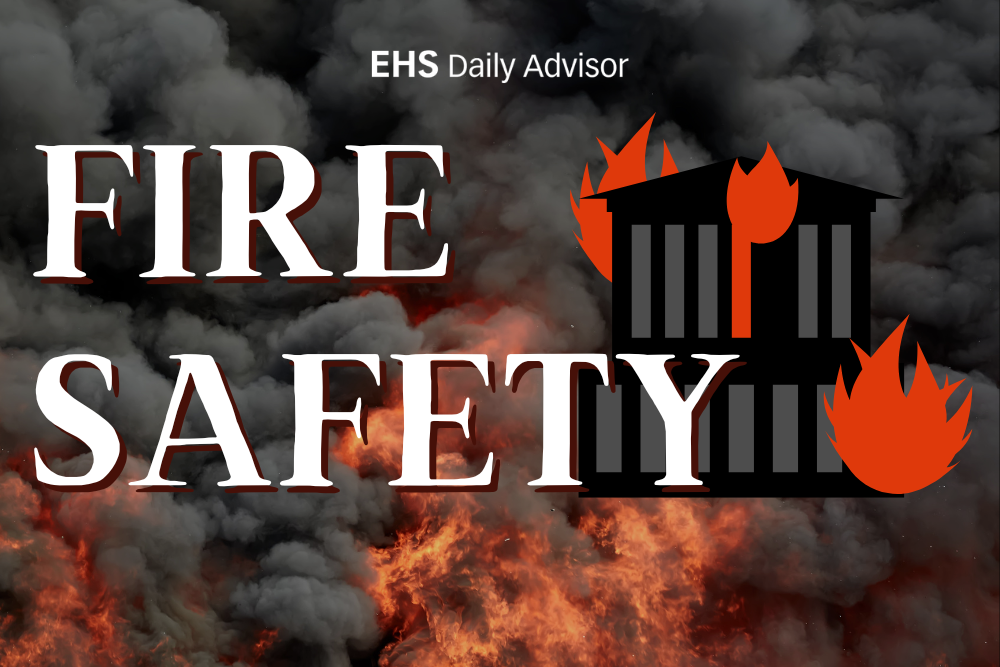Mastering Fire Safety Compliance: Training Explained
Mastering Fire Safety Compliance: Training Explained
Blog Article
From fire alarms to evacuation plans, US offices must comply with strict regulations to minimize risk and meet insurance and legal standards.
We’ll explain why training matters, how to prepare for inspections, and what best practices help businesses stay compliant year after year.
By the end, you’ll have a practical roadmap for ensuring your office meets the highest fire safety standards and safeguards your most valuable assets: your people.
Why Every US Company Needs Fire Safety Protocols
Fires can happen anywhere, and offices are no exception.
Fire safety in the workplace protects more than just assets—it safeguards employees and visitors from harm.
Failure to comply can result in severe fines, legal liability, or even closure.
How Fire Brigade Training Prepares Offices for Emergencies
In the US, fire warden (sometimes called fire brigade) training equips designated employees with the knowledge and skills to lead evacuations, assist during emergencies, and communicate effectively with first responders.
Training requirements vary depending on local regulations, building size, and occupancy type.
Well-trained fire wardens not only enhance safety but also help organizations pass compliance inspections, reducing legal and insurance risks.
Steps to Pass Fire Safety Inspections
Certification often includes on-site inspections and review of safety documentation.
Review your emergency action plan, ensuring it’s accessible and clearly communicated to all staff members.
Certification isn’t a one-time event—renewals are typically required every few years or after major renovations or occupancy changes.

How to Keep Your Office Fire-Safe Every Day
Fire safety isn’t just about passing inspections—it’s about maintaining vigilance every day.
Regular maintenance is critical: schedule monthly checks on fire alarms, smoke detectors, sprinkler systems, and extinguishers.
Host periodic refresher trainings, conduct surprise fire drills, and encourage team leaders to review emergency plans during staff meetings.
Why Compliance Matters for Liability and Coverage
Beyond regulatory penalties, companies may face reputational damage, employee distrust, and operational disruptions.
In the event of a fire, inadequate documentation or proven negligence may result in denied claims, leaving businesses to cover damages out of pocket.
By prioritizing fire safety, businesses demonstrate responsibility and reduce the risks of costly legal and financial setbacks.

Conclusion: Building a Fire-Safe Workplace
US companies that take fire safety seriously strengthen their resilience, enhance employee confidence, and minimize operational risks.
They not only meet legal obligations but also build trust with employees, clients, and insurers.
Keep your team informed, your equipment updated, and your plans reviewed regularly.
FAQ About Office Fire Safety
Who needs fire warden training in a US office?
Typically, designated employees such as team leads, managers, or safety officers receive fire warden training.
How often should fire safety certifications be renewed?
Renewal periods vary by jurisdiction but are often required every 1–3 years.
What should companies watch out for to prevent fires?
Good housekeeping and equipment maintenance are key to fire prevention.
Why do insurers care about fire safety?
Insurance companies often require proof of fire safety compliance, including certifications, equipment maintenance, and training records.
What should be included in an office fire safety plan?
Drills and refresher training help keep the plan effective and actionable.
normas de incêndio descubra mais Report this page